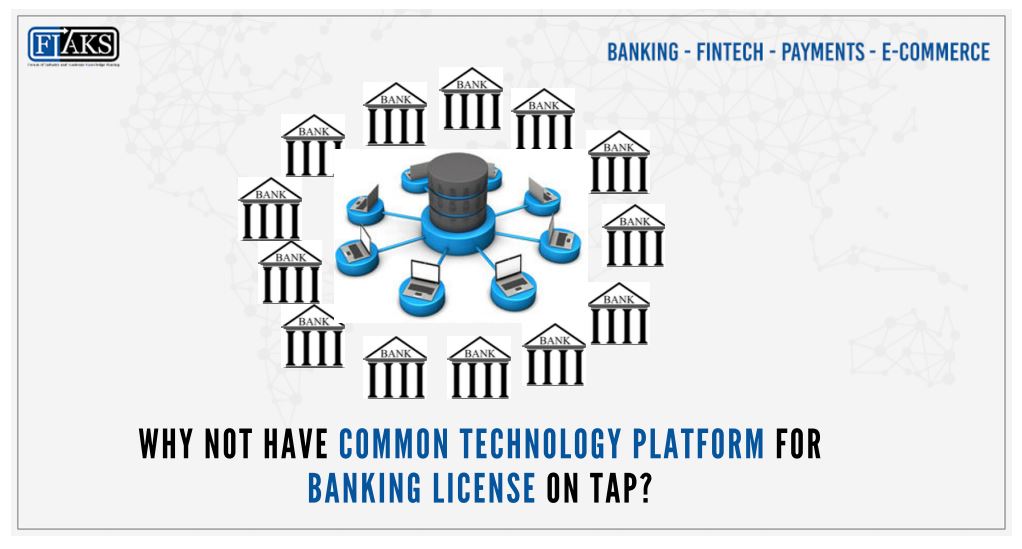Several Founders, Co-Founders, CXO Bankers, CXO Fintech professional & people who participated in the ePanel discussions:
- Mr. Srinivasu MN, Co-Founder, Bill Desk
- Mr. Vijay Shekhar Sharma, Founder One97 & Paytm
- Mr. Kunal Shah, Founder, and CEO, CRED
- Mr. Raghu Veer Dendukuri, Product Owner, Intandemly
- Mr. Narayan Rao, Chief Services Officer, Suryoday Small Finance Bank
- Mr. Ratnakar V, Head – Mobile Money, Phongsavanh Bank, Lao PDR
- Mr. Ramasubramanian S, Application, Transformation, Management and Operations Head, DXC Technology
- Mr. Vishweshwaran R, Vice President Business Technology Group at IDFC FIRST Bank
- Mr. Amarto Chakrabarty, Manager – Global Consulting Group, Wipro Limited
- Mr. Ravi Agarwal, Senior Manager -IT at Punjab National Bank
- Mr. Prasad Likhite, Director at ACI
- Mr. Vikas R Panditrao, Co-founder, Forum of Industry and Academic Knowledge Sharing (FIAKS)
- Many other CEO/CXO Bankers & Fintech professionals and Founders on FIAKS Forum requested to remain anonymous
Everyone is well acquainted with the system that Ola, Uber operates on the concept of sharing economy wherein customer benefits as one need not have to invest huge amounts in the purchase of cars and still reap the benefits of the availability of cars on demand.
On a similar note, discussions triggered amongst the FIAKS community on having a common tech stack for institutions that are applying for banking license on tap and let new banks use the tech on demand. Here are certain highlighting viewpoints:
- Why each new bank has to buy a core banking platform separately? Instead, let NPCI or another neutral institution make a one-time investment on core banking platforms by buying it from Infosys or Iflex or Temenos or Misys, etc and then offer basic tech services to these new banks as banking as a service.
- Let each bank make customizations as per their requirement and pay to the tech company or NPCI for all additional change requests.
- This should make go to market easy and replicate this for every module like mobile banking, Internet banking, Agency banking, NPCI stack pre-integrated, cKyC, eKYC, etc.
So, one of the community members puts forth this crucial question- Why banks are wasting public money and making these tech companies rich rather than investing the same in some startups. However, totally negating this viewpoint as socialism. It was said that what enables tech companies to pay salaries & bonuses to their employees and so on so forth, the economic cycle continues. The more we look at ‘only one’ of something at that layer of ‘something’ innovation stops. Free market choices are a good way to enable wealth distribution.
Now if this common tech stack approach is adopted what would be the major ensuing benefits?
Let’s have a preview of it;
- One Facilitator (NPCI or some neutral institution), One Vendor & One Managed Service Provider so product sync up can happen, in a more integrated way, between the Vendor and NPCI
- One Information Security Strategy, One Setup / Management & Maintenance Team (probably from NPCI)
- Single Software Installation in SAAS Model (Banking as a service, as some others shared in the above), with all eyes on it, plus easy maintenance
- ‘N’ number of customers, with Identity Check (KYC) done once, and bank accounts created with different banks, with respect to different products.
- A single place for attackers across the world to focus upon.
- Cost-effective in one way, since fewer people may handle this plus reduced duplication costs and it would save tech evaluations, vendor management, cyber-security threat, etc
- We can avoid the same product with marginal differences being bought by one bank at Rs 100 while some buying it at Rs 500.
- The sky is the limit, Innovation can happen too fast, since resistance is minimal, while innovation may get slowed down, if the team’s passion gets saturated.
- Innovative ideas can be implemented once, and made available to others, at a marginal cost, so banks strictly compete on Operational/Banking Experience & Capacities, while technology stays as a neutral player.
One of the community members shared some insights;- This model already exists. Wipro and TCS have been offering this to rural banks under a NABARD scheme. Actually, the initial investment in the core banking system is not that significant. Today with so many supporting or socialized solutions and many features run from mobile handhelds, the “core banking system” has become just a backend transaction processing system. Given all the risks and the need for strong cyber-security, the regulator currently wants each bank to have separate dedicated cages with all the infotech possible – they are currently not comfortable with shared environments. Register and Read the complete discussions.

